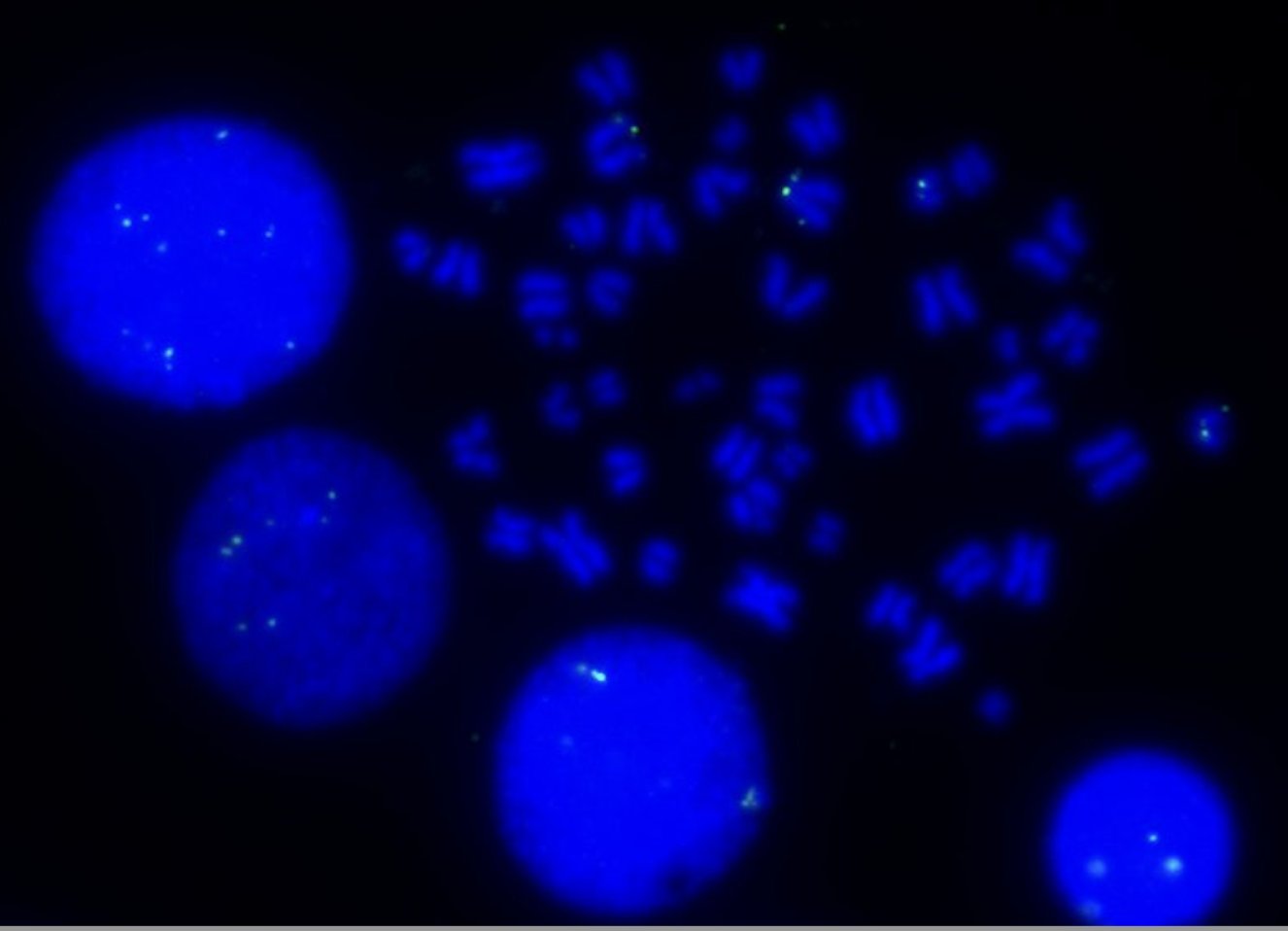Special issue in Heredity on the functional and adaptive effects of genomic structural variation!
We’re excited to announce a forthcoming special issue in Heredity titled “Functional and Adaptive Effects of Genomic Structural Variation” co-edited by Megan Dennis, Ellen Leffler, Omer Gokcumen and myself.
The issue will highlight recent research exploring how structural variation shapes genome function.
Submission deadline: March 1, 2025
Call for papers and submission details here

Genomic structural variants (SVs) involve the rearrangement of DNA sequences and have the potential to drive phenotypic changes across the tree of life. The discovery of structural variation dates back to the early 20th century when Alfred Sturtevant identified chromosomal inversions in Drosophila melanogaster in 1917. His groundbreaking work revealed that chromosomal segments could invert their orientation, expanding our understanding of chromosome structure. Since then, structural variation has expanded to also include insertions, deletions, translocations, repeat expansions, and duplications. SVs typically present challenges when analyzed with short-read sequencing data, leading to their under-characterization in genomic datasets. However, recent advances in long-read sequencing have enabled the construction of comprehensive SV maps and have now allowed for the direct assessment of the functional and adaptive effects of SVs.
Leveraging these new technologies, researchers have investigated the effects of gene copy number on transcript expression and protein-level changes, how different types of SVs alter topologically associating domains, and the impact of exonic repeat expansions on signaling and immune functions. This special issue highlights this exciting frontier of genomic research, shedding light on the elusive links between SV genotype and phenotype.